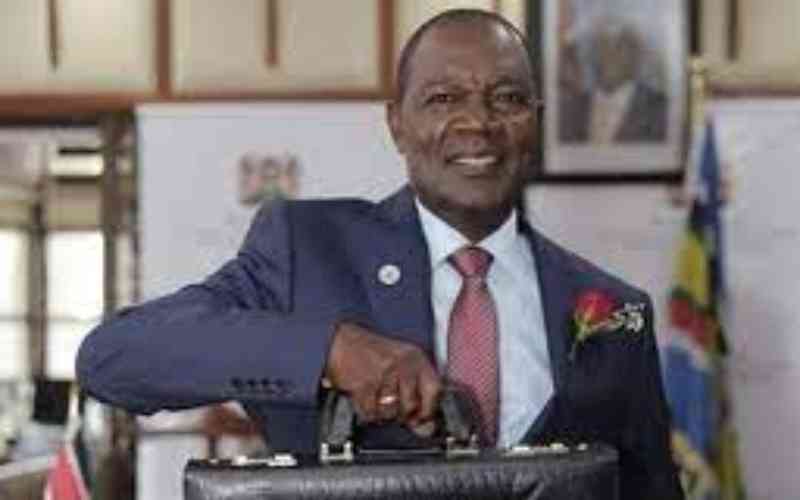×
The Standard e-Paper
Home To Bold Columnists

Treasury Cabinet Secretary (CS) Njuguna Ndung'u says the depreciation of the Kenyan Shilling has increased the size of the public debt stock.
This, he says, is because the majority of the country's public debt is denominated in foreign currency.